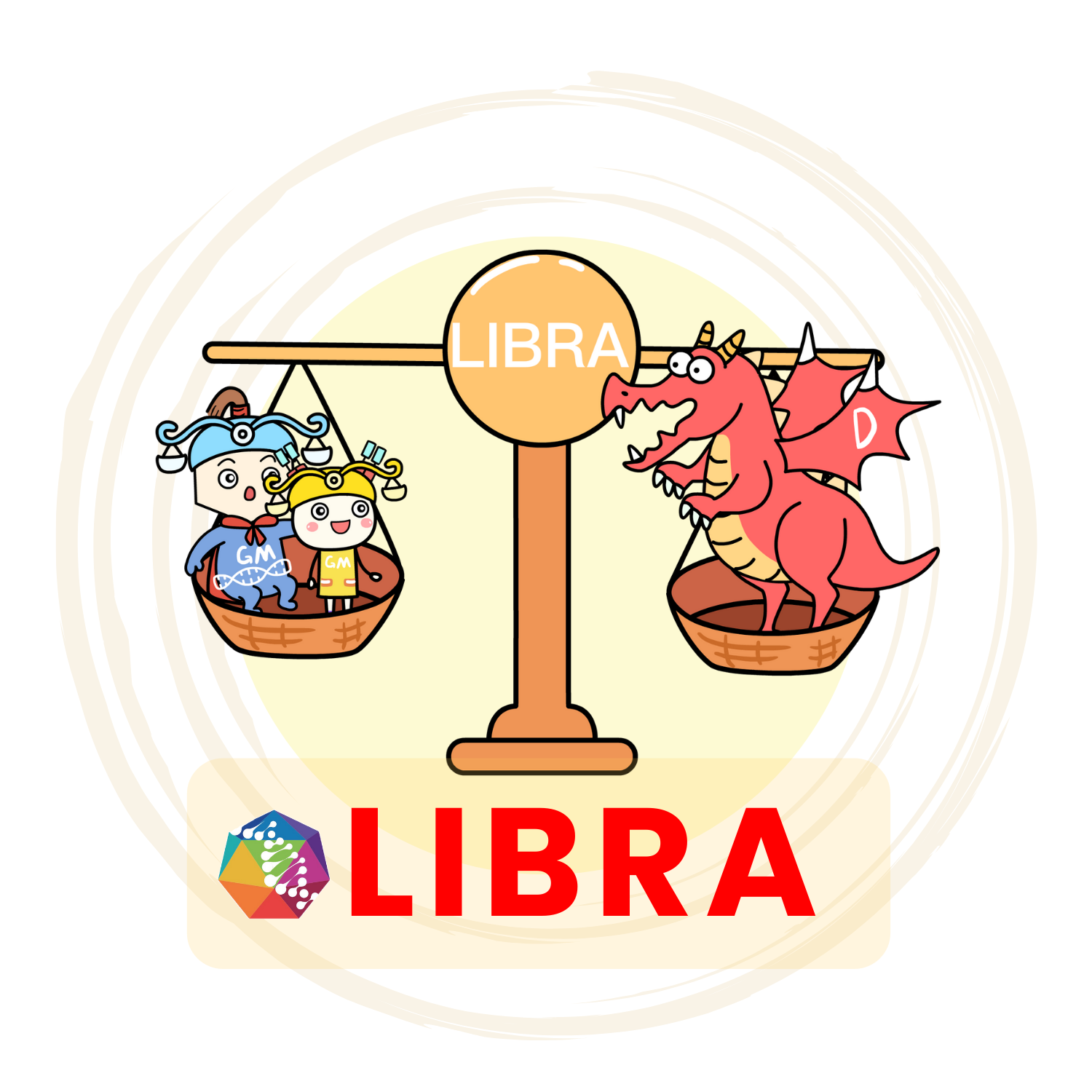Anti-NCHL1/ CHL1/ CALL monoclonal antibody
Anti-NCHL1/ CHL1/ CALL antibody for FACS & in-vivo assay
 Go to CHL1/CHL1 products collection >>
Go to CHL1/CHL1 products collection >>
(antibodies, antigen, VLP, mRNA, ORF viral vector, etc)
Product information
| Catalog No. | Product Name | Species Reactivity |
|---|---|---|
| GM-Tg-hg-MP0259-Ab-1/ GM-Tg-hg-MP0259-Ab-2 | Anti-Human CHL1 monoclonal antibody | Human |
| GM-Tg-rg-MP0259-Ab-1/ GM-Tg-rg-MP0259-Ab-2 | Anti-Rat CHL1 monoclonal antibody | Rat |
| GM-Tg-mg-MP0259-Ab-1/ GM-Tg-mg-MP0259-Ab-2 | Anti-Mouse CHL1 monoclonal antibody | Mouse |
| GM-Tg-cynog-MP0259-Ab-1/ GM-Tg-cynog-MP0259-Ab-2 | Anti-Cynomolgus/ Rhesus macaque CHL1 monoclonal antibody | Cynomolgus/ Rhesus macaque |
| GM-Tg-felg-MP0259-Ab-1/ GM-Tg-felg-MP0259-Ab-2 | Anti-Feline CHL1 monoclonal antibody | Feline |
| GM-Tg-cang-MP0259-Ab-1/ GM-Tg-cang-MP0259-Ab-2 | Anti-Canine CHL1 monoclonal antibody | Canine |
| GM-Tg-bovg-MP0259-Ab-1/ GM-Tg-bovg-MP0259-Ab-2 | Anti-Bovine CHL1 monoclonal antibody | Bovine |
| GM-Tg-equg-MP0259-Ab-1/ GM-Tg-equg-MP0259-Ab-2 | Anti-Equine CHL1 monoclonal antibody | Equine |
Size: 1mg | 10mg | 100mg
Product Description
| Catalog No. | GM-Tg-hg-MP0259-Ab-1/ GM-Tg-hg-MP0259-Ab-2; GM-Tg-rg-MP0259-Ab-1/ GM-Tg-rg-MP0259-Ab-2; GM-Tg-mg-MP0259-Ab-1/ GM-Tg-mg-MP0259-Ab-2; GM-Tg-cynog-MP0259-Ab-1/ GM-Tg-cynog-MP0259-Ab-2; GM-Tg-felg-MP0259-Ab-1/ GM-Tg-felg-MP0259-Ab-2; GM-Tg-cang-MP0259-Ab-1/ GM-Tg-cang-MP0259-Ab-2; GM-Tg-bovg-MP0259-Ab-1/ GM-Tg-bovg-MP0259-Ab-2; GM-Tg-equg-MP0259-Ab-1/ GM-Tg-equg-MP0259-Ab-2 |
| Products Name | Anti-CHL1 monoclonal antibody |
| Format | mab |
| Target Name | CHL1 |
| Protein Sub-location | Transmembrane Protein |
| Category of antibody | FACS/Biofunctional Antibody |
| Derivation (species) | Mouse |
| CH1+2+3 Isotype (Receptor identification) | IgG |
| Type of Light Chain (VD-LC) | N/A |
| Expression platform | Mammalian Expression |
| Bioactivity validation | Binding affinity is validated by using flow cytometry with antigen overexpressed cell line. The biofunction of antibodies are validated in cell-based assay (IC50 or EC50 TBD). |
| Tag | Fc |
| Products description | Pre-made anti-CHL1 benchmark inhibitory monoclonal antibody(mab) (blocking antibody inhibitor) is expressed by mammalian cell line as a benchmark antibody for cell culture, FACS,ELISA or other affinity binding assay or functional assay development, animal model development, PK/PD model development (Pharmacokinetics & Pharmacodynamic) |
| Purity | Purity: ≥95% (SDS-PAGE) |
| Application | Biological drug disovery including cell culture, assay development, animal model development, PK/PD model development (Pharmacokinetics & Pharmacodynamic) and mechanism of action (MOA) research. |
| Formulation & Reconstitution | Lyophilized from GM's Protein Stability Buffer2 (PSB2,Confidential Ingredients) or PBS (pH7.4); For PSB2, reconstituted with 0.9% sodium chloride; For PBS, reconstituted with ddH2O. |
| Storage | Store at -20℃ to -80℃ under sterile conditions. Avoid repeated freeze-thaw cycles. |
Reference
Data / case study
Click to get more Data / Case study about the product.
Associated products
| Category | Cat No. | Products Name |
| Target Antigen | Products Developing | Multi-species NCHL1/ CHL1/ CALL VLP (virus-like particle) (Products Developing) |
Target information
| Target ID | GM-MP0259 |
| Target Name | CHL1 |
| Gene ID | 10752,12661,89828,709172,476554,101095560,504415,100061158 |
| Gene Symbol and Synonyms | A530023M13Rik,CALL,CHL1,L1CAM2,LICAM2 |
| Uniprot Accession | O00533 |
| Uniprot Entry Name | NCHL1_HUMAN |
| Protein Sub-location | Transmembrane Protein |
| Category | |
| Disease | Mucocutaneous lymph node syndrome [Kawasaki] |
| Gene Ensembl | ENSG00000134121 |
| Target Classification | N/A |
The target: CHL1, gene name: CHL1, also named as CALL, L1CAM2. The protein encoded by this gene is a member of the L1 gene family of neural cell adhesion molecules. It is a neural recognition molecule that may be involved in signal transduction pathways. The deletion of one copy of this gene may be responsible for mental defects in patients with 3p- syndrome. This protein may also play a role in the growth of certain cancers. Alternate splicing results in both coding and non-coding variants. [provided by RefSeq, Nov 2011].
About Gmab


GMab, developed by GeneMedi, constitutes an advanced library of recombinant monoclonal antibodies, each meticulously designed to target specific molecular entities. Leveraging the sophisticated capabilities of GM’s Taurus™ and LIBRA™ platforms, GMab synthesizes antibodies characterized by high binding affinity, exceptional physicochemical stability, and optimal developability profiles.
Through expression in mammalian cell lines, GMab has been established as a paradigmatic reference antibody. It holds significance in myriad domains of biological drug discovery, encompassing cellular cultivation, innovative assay methodologies, strategic animal model systematization, in-depth pharmacokinetic & pharmacodynamic (PK/PD) modeling, and intricate mechanism of action (MOA) investigations.






